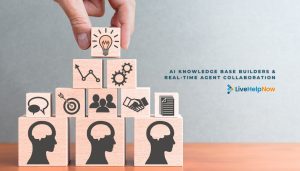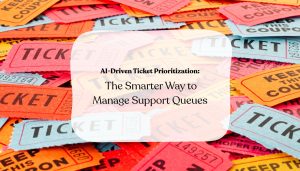Customer service is one of the most important aspects of any business. It can make or break customer loyalty, satisfaction, and retention. However, customer service can also be challenging, time-consuming, and costly. That’s why many businesses are looking for ways to automate and optimize it using artificial intelligence (AI) tools like ChatGPT-powered chatbots. In other words, ChatGPT in customer service is gaining interest. But there is much yet to be explored.
In this article, we’ll explore the capabilities and limitations of ChatGPT for customer service, as well as the best use cases and industries for this popular AI tool. We’ll also discuss the challenges and opportunities that ChatGPT poses for customer service agents and whether they should be worried about losing their jobs.
- What is ChatGPT?
- Can businesses use ChatGPT for customer service?
- Pros of using ChatGPT/AI for customer service
- Challenges and limitations of using ChatGPT/AI for customer service
- Top use cases of ChatGPT in customer service
- Industries Where Human Customer Service Agents Still Outperform ChatGPT
- It isn’t the end for customer service live agents… yet!
What is ChatGPT?
ChatGPT is a conversational AI-powered tool developed by OpenAI. It can generate natural and coherent responses to any text input.
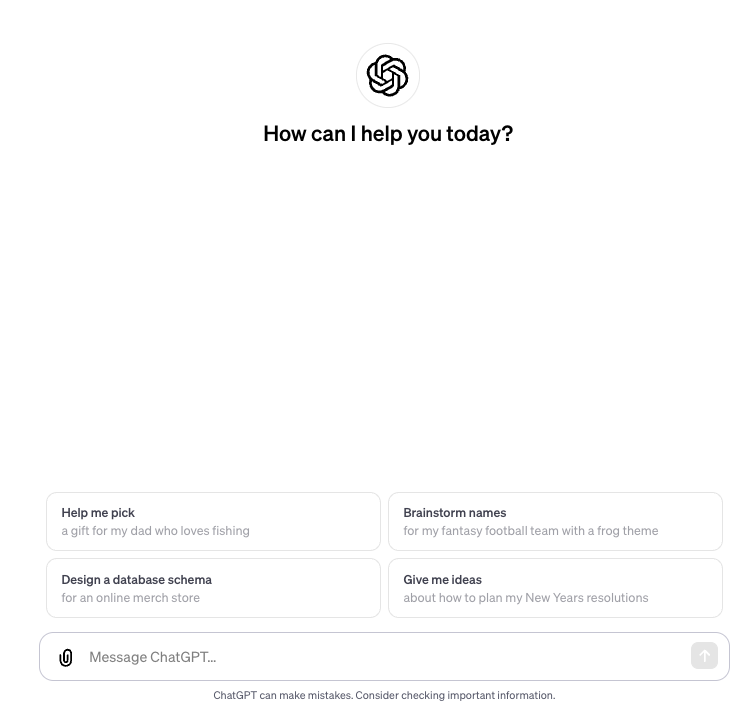
The “GPT” in ChatGPT stands for Generative Pre-Trained Transformer, a deep neural network model that can learn from large amounts of text data and generate new text based on the input.
In short, ChatGPT is a special type of generative AI trained on millions of websites, blog posts, research articles, social media posts, and multiple other types of digital written content.
Can businesses use ChatGPT for customer service?
ChatGPT isn’t a customer service tool by design. And it isn’t ready to interact with customers directly. However, OpenAI offers software developers an application programming interface (API).
The API allows third-party applications to send and receive data and commands to and from ChatGPT using various programming languages, such as Python, JavaScript, or Ruby.
The best way to use ChatGPT for customer service interactions is to develop a software tool that will interact with customers. Such tools use the API to send customer queries and other data as inputs to ChatGPT so it generates a response.
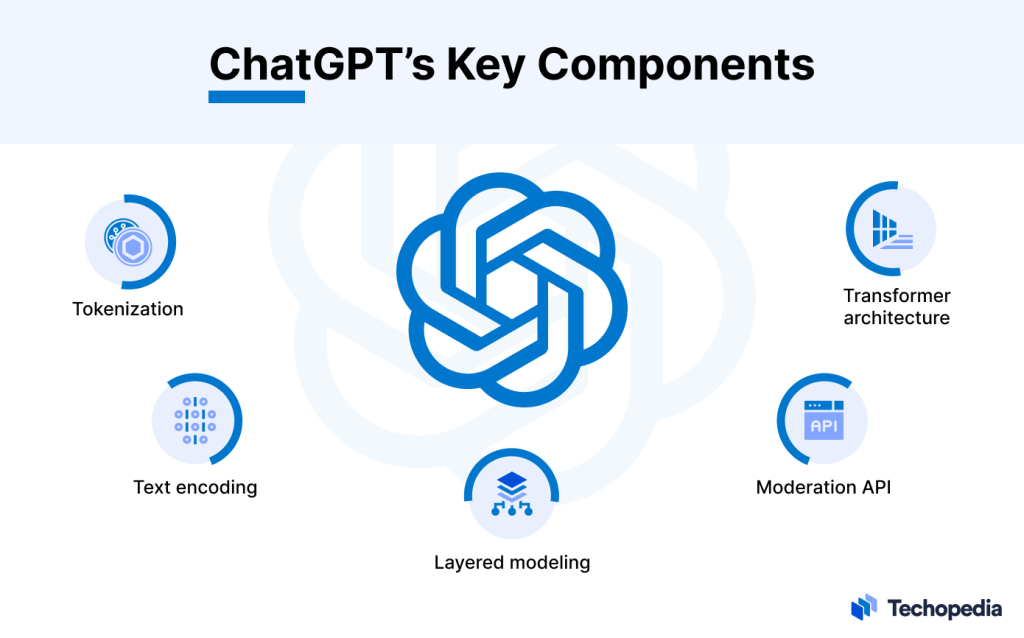
Once the correct answer is generated, the API will pass it down to the third-party app, which can print it in text for the user to read or integrate a voiceover into the system to make the communication more organic.
Pros of using ChatGPT/AI for customer service
Using ChatGPT for customer support can have many benefits for both businesses and customers. It can bring new support processes that can aid user experience and improve customer engagement. And it can result in business growth through excellent customer service practices.
#1. ChatGPT is available 24/7
ChatGPT can provide customer service around the clock without any breaks or interruptions.
In other words, customers can get instant and consistent support whenever needed, regardless of the time zone, holiday, or weekend.
#2. Offers quick responses to customer inquiries
ChatGPT can generate responses in seconds, thanks to its powerful neural networks and natural language processing. Customers can get fast, accurate, human-like responses to questions, problems, and feedback.
This can be of great help to customer service agents. Using this increasingly popular tool, agents can avoid answering repetitive inquiries. Instead, they can focus on providing real-time support for complex and nuanced customer inquiries.
#3. It can understand and write in multiple languages
A key trait of ChatGPT is that it can automatically detect what language a user is writing in and provide responses in the same language.
It can also translate knowledge base articles between languages if needed. That way, customers can get support in their preferred language without language barriers or misunderstandings.
#4. It can help summarize long conversations
ChatGPT can cut through the noise and extract key pieces of information from long text strings, condensing long and complex conversations into short and simple summaries. Some advanced tools have the ability to detect customer sentiment with sentiment analysis features.
From a business perspective, customer service teams can create reports and get the main points and takeaways of their interactions without reading or listening to entire customer email threads.
#5. ChatGPT can increase customer service ROI
ChatGPT can reduce the costs of your business’s customer service operations by automating tasks and facilitating things like hiring and training.
Let’s not forget that it can increase revenue by improving:
- Upselling and cross-selling opportunities
- Customer satisfaction
- Retention
- Loyalty
In short, ChatGPT is a secret weapon to improve your customer support system’s return on investment (ROI).
Challenges and limitations of using ChatGPT/AI for customer service
Despite its wide range of advantages, ChatGPT isn’t a perfect solution for customer service as it has some challenges and limitations. Let’s take a look at some of the drawbacks.
#1. ChatGPT has a limited knowledge base
ChatGPT is only trained on the data available on the internet up to a certain date (April 2023 at the time of publication). Therefore, it may not have specific or updated information that customers may need.

Additionally, ChatGPT may not be able to handle complex or technical issues that require expert knowledge or skills.
#2. Hallucinations
As a relatively new technology still undergoing development, ChatGPT may sometimes generate false or misleading information, known as hallucinations.

Hallucinations are caused by the probabilistic nature of the language model, which may produce plausible but not factual texts. Ambiguous or incomplete inputs can also trigger hallucinations or by malicious or abusive users. Chatbot performance might improve with time and additional training through machine learning techniques.
#3. Lack of empathy and an emotional, human touch
Since ChatGPT is a machine, it lacks empathy and that emotional, human touch when communicating with customers.
Therefore, ChatGPT may not be able to understand customer expectations and emotions, such as anger, frustration, or sadness, and respond accordingly.
#4. Limited prompt or input length
When using ChatGPT, you can only process a certain number of words or characters at a time. For example, the limit for ChatGPT-4 is 4,096 tokens, which translates to about 8,000 words and between 16,384 to 20,480 characters.
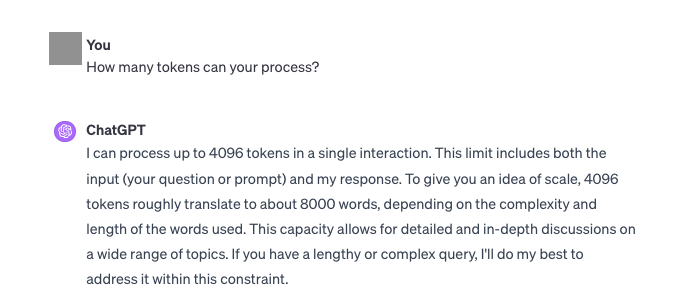
While this is four times higher than the previous ChatGPT-3.5 version, it may not be enough for some customer service scenarios.
#5. Risks to data security
ChatGPT may pose risks to data security, as it may store, access, or leak sensitive or personal information from customers or the business. ChatGPT may also be vulnerable to hacking, tampering, or spoofing, which may compromise the integrity and confidentiality of the service. There are some concerns about customer privacy as well as the tool’s compliance with policies such as HIPAA.
Top use cases of ChatGPT in customer service
Depending on the nature and complexity of the service, ChatGPT can be used successfully for customer service in various industries and domains, such as:
#1. General retail
ChatGPT can generate personalized responses to customer requests in the retail industry, including online shopping, e-commerce, and brick-and-mortar stores.
It can provide customers with helpful information like product descriptions, availability, comparisons, customer reviews, and recommendations.
Take the niche process of buying used RVs, for example. AI can provide potential customers with specifications, compare models, and suggest the best features.
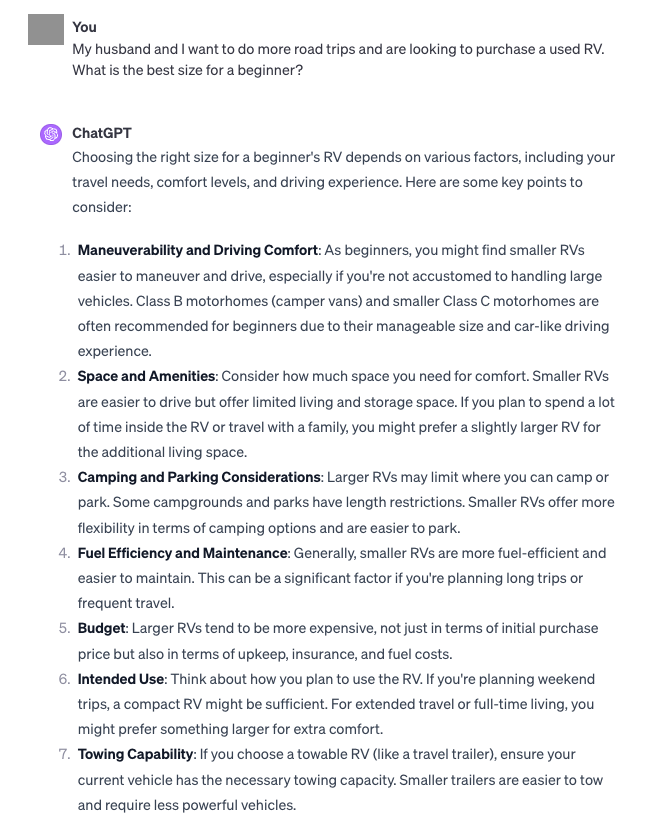
#2. Customer relationship management
Customer relationship management is an intricate blend of data analytics and human intuition. Advanced CRM tools have begun integrating AI solutions like ChatGPT for initial customer interactions.
In this context, ChatGPT can help customers with account management, billing, invoices, payments, and subscriptions, as well as service updates, upgrades, feedback, and reviews.
#3. Entertainment and gaming
ChatGPT is also valuable for customer service in entertainment and gaming, such as streaming, music, movies, TV shows, or video games. It can help customers with content information, availability, ratings, and recommendations. Using a reliable live video CDN ensures smooth and fast delivery of live content to viewers worldwide.
Additionally, integrating Circuit’s five best solutions for courier management software can streamline operations, enhance efficiency, and ensure timely deliveries, further boosting customer satisfaction and loyalty.
For example, imagine that a player is deep into a game of Fortnite, wearing the spooky yet cool “Fortnite Batman Who Laughs” outfit, and is all set for an exciting challenge. Just when they’re about to dive in, something goes wrong.
That’s when ChatGPT comes to the rescue, helping the player answer questions or fix problems on the spot.
#4. Courier services
ChatGPT can handle customer service queries in the courier service industry, such as delivery, shipping, or logistics.
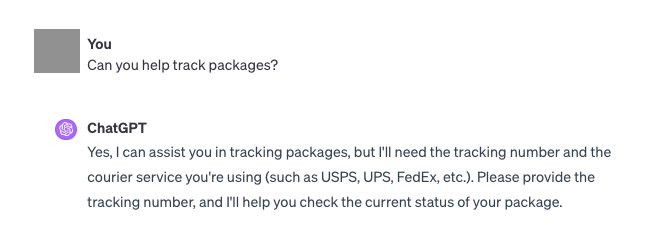
It can help customers with tracking the status, location, and ETA of their packages, improving the overall customer experience.
Industries Where Human Customer Service Agents Still Outperform ChatGPT
ChatGPT may not be suitable or effective for customer service in some industries and domains, where human customer service reps still outperform ChatGPT. Some of these industries are:
#1. Healthcare services
There are complexities and nuances in healthcare that demand a human touch, making live customer support teams indispensable to address customer queries about their health and treatments.
Companies like Henry Meds understand that, especially when it comes to medications such as tirzepatide or other critical health-related concerns, where accurate responses are even more important than customer satisfaction.

Live agents offer empathy, compassion, and a personalized connection that machines cannot yet replicate.
Moreover, when it comes to health and treatments, the stakes are high. Misunderstandings or miscommunications can have serious consequences, making AI hallucinations potentially life-threatening.
Live agents ensure that customers receive accurate information and guidance, reducing the risk of errors or misunderstandings.
#2. Legal services
Similar to healthcare, where stakes are high, and accountability is a necessity, ChatGPT may not be able to provide adequate customer service in legal matters.
ChatGPT could lack the knowledge, authority, or credibility to advise, represent, or defend the customers or the logic, reasoning, or argumentation skills to handle the customers’ cases, disputes, or claims.
It may help solve user questions and doubts regarding well-established legal processes.
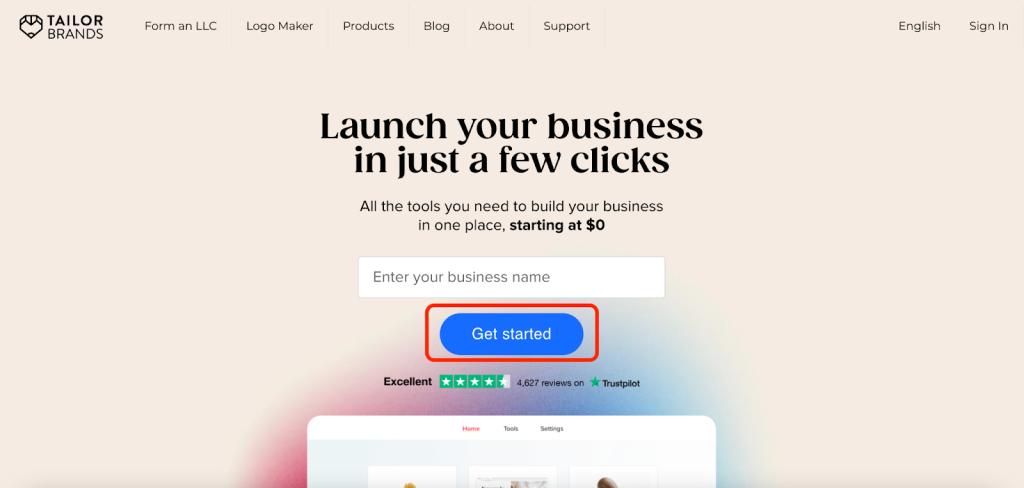
For example, companies like Tailor Brands can use ChatGPT to enhance customer service in several ways related to incorporating an LLC and setting up a business bank account.
ChatGPT can assist with forms and documents, assess eligibility, and perform other simple and well-structured tasks.
#3. Luxury retail and real estate markets
ChatGPT may not be able to provide full-fledged customer service in the luxury retail and real estate markets, such as high-end fashion, jewelry, art, or property.
For example, companies like Clean Origin can incorporate ChatGPT into their customer service strategy to provide valuable support and information about high-end products, such as diamond tennis bracelets.

However, AI cannot yet replace the service of a diamond expert who can make observations that no other is capable of. ChatGPT might not have the taste, style, or sophistication to cater to the customer base’s preferences, expectations, or demands.
This also rings true in real estate. While AI can streamline many aspects of customer service, the nuanced, relationship-driven world of real estate may always require the personalized expertise of a human agent.
Why? A major part of the job is to foster lasting client connections and navigate the intricacies of property transactions with ’well-heeled’ CRM software for real estate who are interested in purchasing expensive properties.
It isn’t the end for customer service live agents… yet!
ChatGPT is a revolutionary AI tool that can help build customer service chatbots that communicate in natural language, offering benefits such as:
- Summarization
- Availability
- Accuracy
- Speed
However, ChatGPT also has some challenges and limitations, such as:
- Limited input length
- Limited knowledge
- Data security risks
- Lack of empathy
- Hallucinations
While ChatGPT can be used by customer service teams in various industries and domains, such as general retail, CRM, entertainment, and courier services, it may not be suitable, effective, or even safe in other industries, such as healthcare, legal, or luxury markets.
ChatGPT still needs human supervision, intervention, and evaluation to ensure its quality, accuracy, and reliability. Therefore, until AIs like ChatGPT develop a more genuine sense of empathy and get their hallucinations in check, it isn’t the end for live customer support agents.
